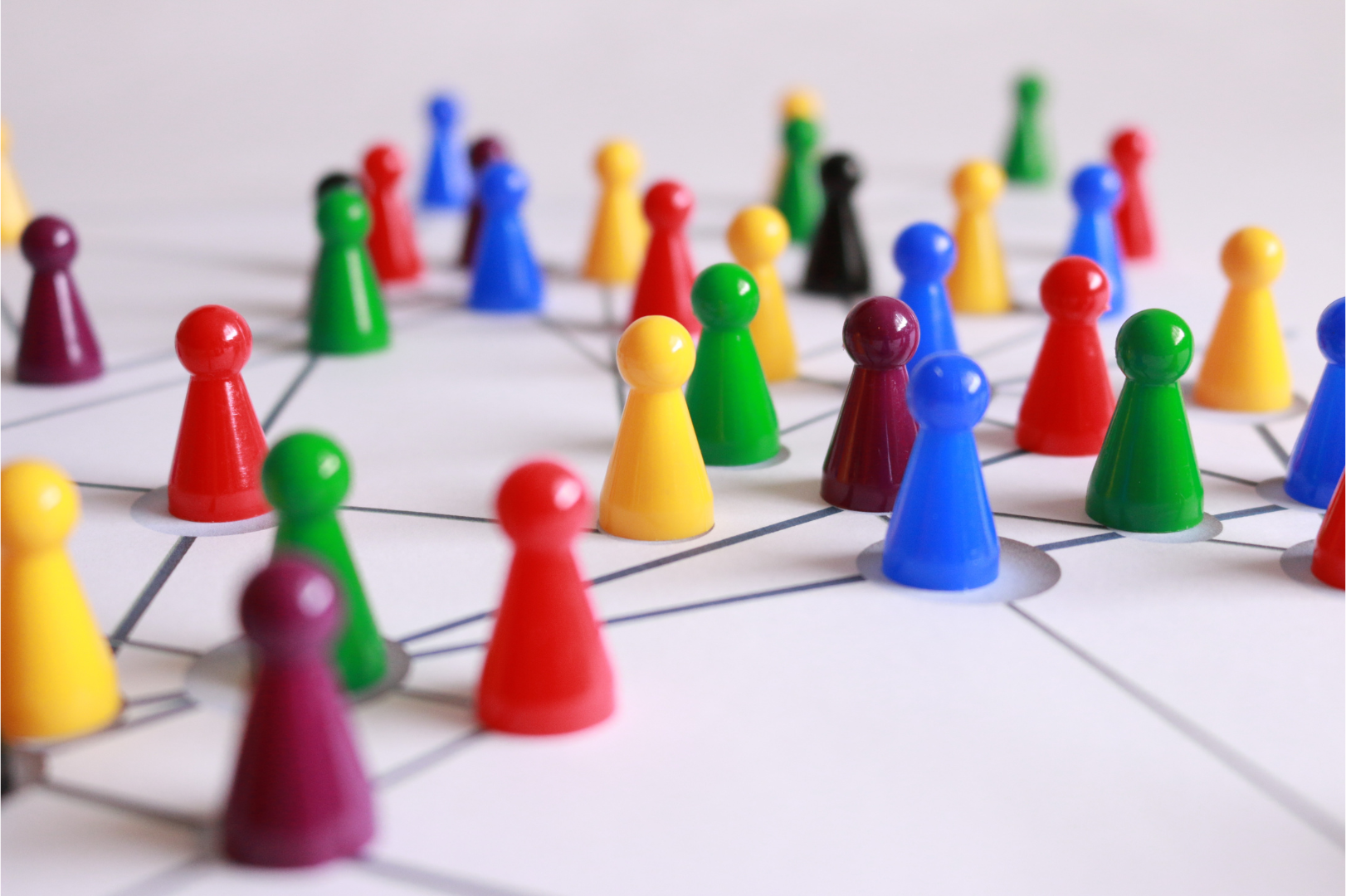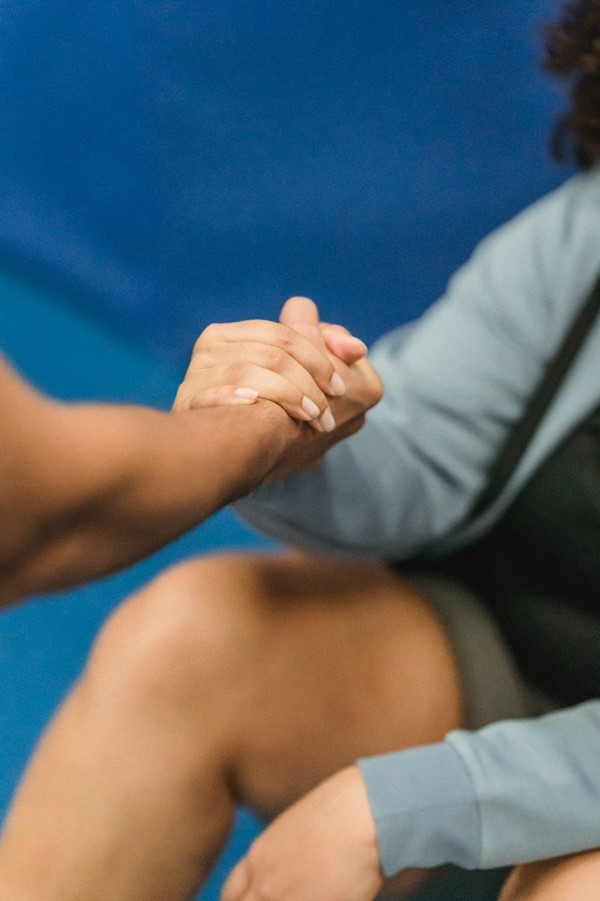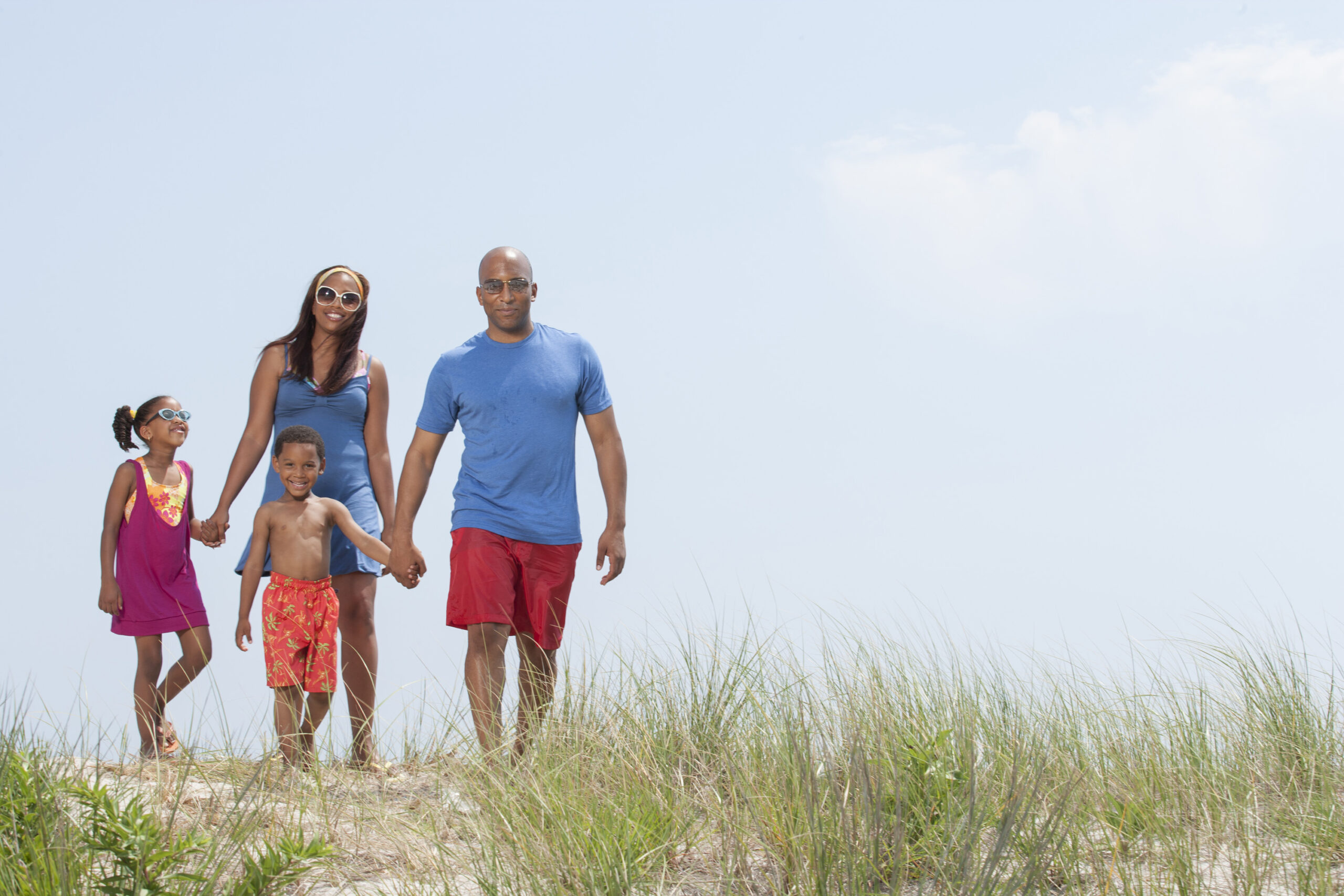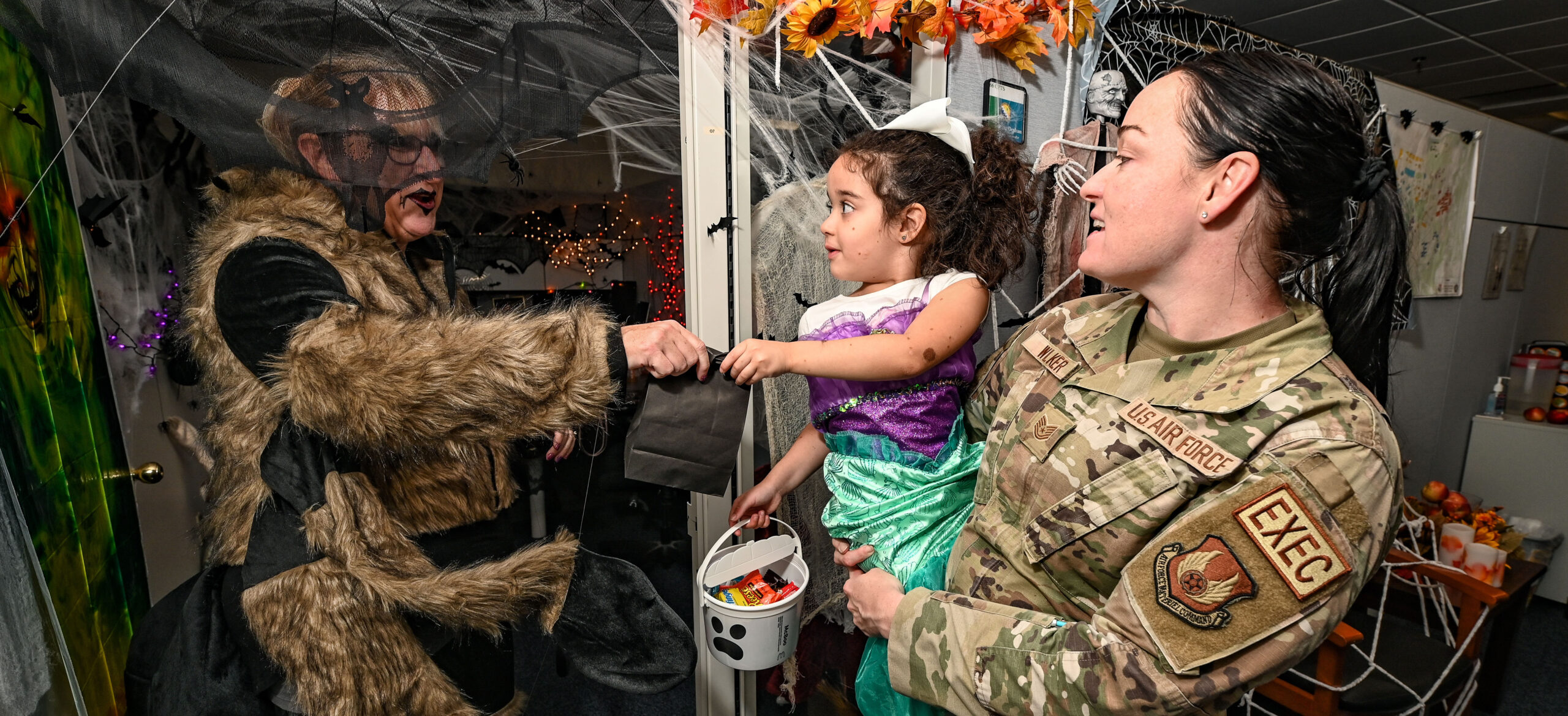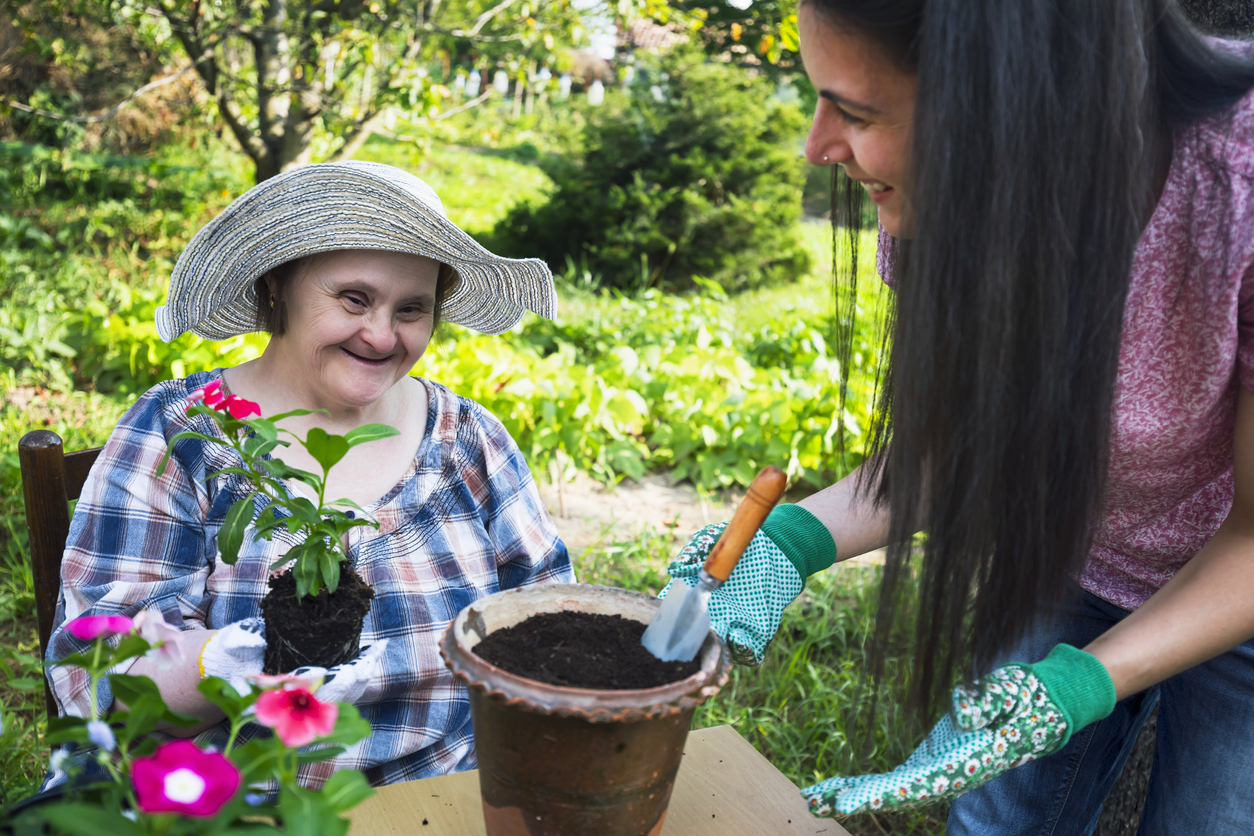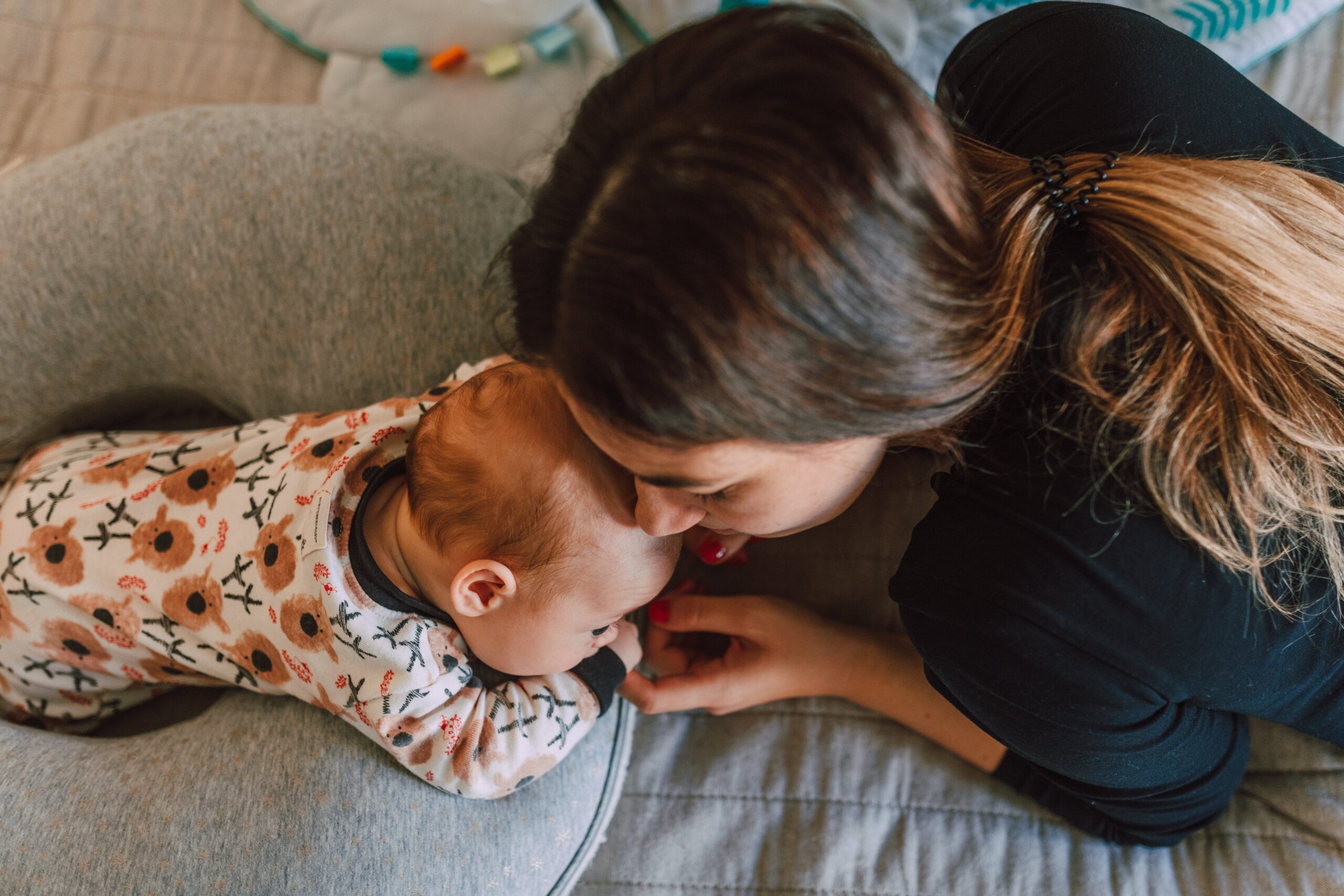
Between birth and age 3, a child’s brain develops one million neural connections per second (Center on the Developing Child, 2007). These connections are built through repeated experiences with their caregivers. Babies are born wired for connection, instinctively drawing responses from their caregivers that help strengthen the bond between them (Sullivan et al., 2011). The building of this bond, or attachment, is a two-way street between baby and their caregivers as they both respond to each other’s cues and seek interaction with one another.

